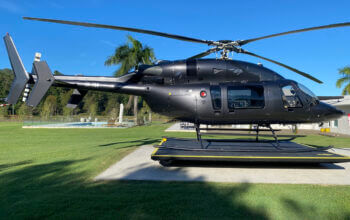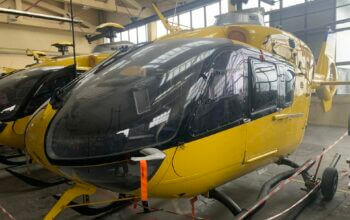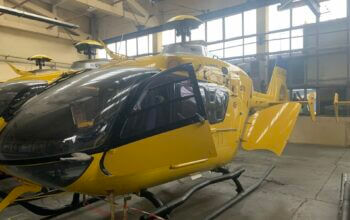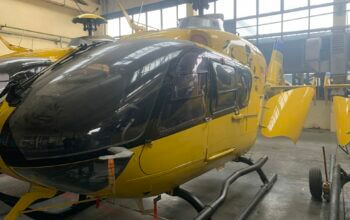Estimated reading time 5 minutes, 36 seconds.
Results of a new Canadian Business Aviation Association compensation survey suggest that flight crews and other personnel in the sector can be better off, financially and otherwise, than their counterparts at scheduled service and charter operators.
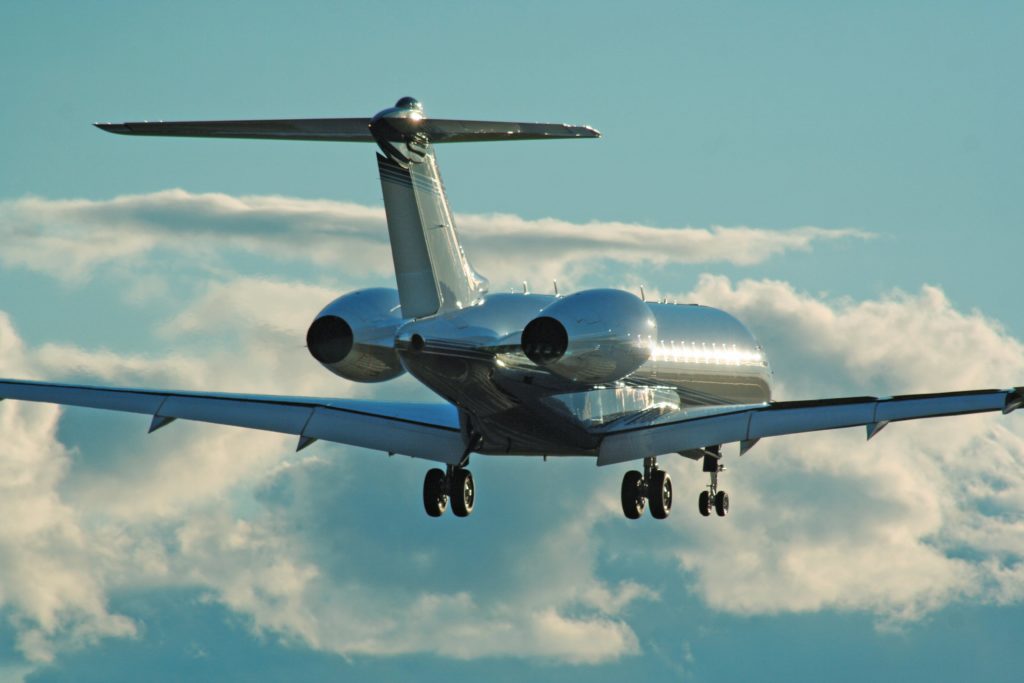
“Pay is but one of the critical elements when you’re looking at recruitment and retention strategies,” said CBAA president and chief executive officer Anthony Norejko after the survey garnered responses from 53 organizations — including a who’s-who of Canadian companies. It had been distributed to the CBAA’s 443 members and also made available for a fee to non-members.
“When comparing business aviation against, say, the airlines – which is sort of the elephant in the room – what was great to see is that, on balance, business aviation pays better and offers comparable benefits,” he told Skies. “If anything, that’s the thing that I would point to – now and going forward.”
The latest survey was managed by Wynford Group, a Calgary-based human resources consultancy. The response was 18 per cent higher than the first one, in 2017, and the CBAA plans to keep doing them biennially, possibly publishing less-detailed updates in the intervening years.
“The industry has changed in the past couple of years,” said Norejko. “The survey allows operators a better sense of what has happened since then. We’re definitely encouraged.”
He noted that business aviation is unique in the way employees can “really be part of the team.” For pilots, it means not being able to “only say ‘hi’ when you’ve landed and unlocked the cockpit door.” In contrast, being close to clients was “an opportunity to be recognized for your work.”
However, when it comes to monetary recognition, the survey compares, among other things, total cash compensation for just about every position possible. Directors of flight operations and maintenance in the business aviation sector averaged more than their counterparts in the commercial scheduled and charter world.
On the flight deck, some averages for captains and first officers were lower in business aviation than at scheduled or charter operations, but most were higher and it evidently depended on, among other things, the size of the aircraft.
Norejko pointed out that many pilots in business aviation are not employed as ‘pilots’ as such, but more often are part of “senior management”. Among other things, that kind of structure can come with stock options, bonuses and deferred profit sharing. All can reward pilots handsomely as a company flourishes – “a rising tide floats all the boats,” chuckled Norejko.
The money and potential extras may be nicer in business aviation, but what about job security? “That depends,” he replied. “Sure, there could be a recession and business aviation could be impacted, but business aviation is used in three ways: you’re either in growth mode, pursuing new opportunities, or you’ve got an established business and brand, or you may be in a retraction phase.”
The latter requires a lot of corporate energy to preferably reverse that retraction and Norejko said a company’s flight department can be a powerful lever. Business aviation was fundamentally a better tool than airlines for getting people “out and across the country” efficiently as part of any push for recovery.
He down played a suggestion that difficult clients can be detrimental to the work environment, saying only that while there may be “outliers” who are problematic, the overwhelming majority are all too aware that their pilots are the only ones who can ground their aircraft due to weather or other issues.
“It’s a fairly unique position to have. It starts on the flight deck, how your pilots provide their service, how embedded your department is.” That can go as far as making recommendations on new aircraft and even managing the acquisition. “There are some unique elements that business aviation offers.”
As for the survey itself, Wynford Group’s analysis of no fewer than 63 jobs also includes data on recruitment, turnover and retention.
“Anyone in our sector who wants to create an effective recruitment and retention strategy will find the data invaluable,” said Norejko, urging companies and their employees “to do a deep dive into the data and rank how you compare.”
While he had no hesitation in saying that business aviation compares very well indeed, he did stress that as important as the compensation survey can be, attention to cultural fit and career progression and opportunity are also important.
